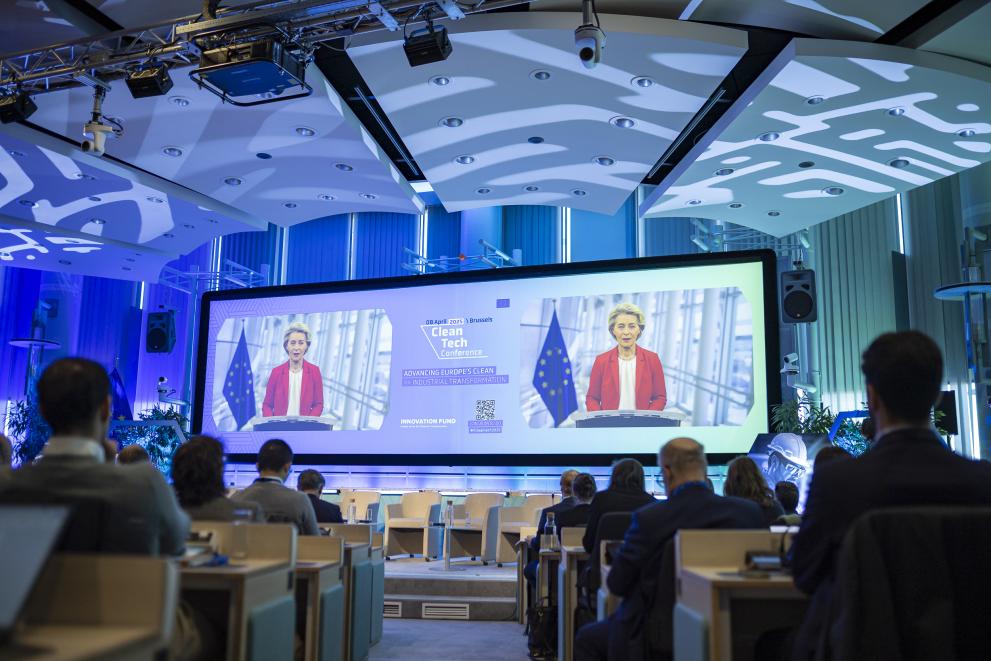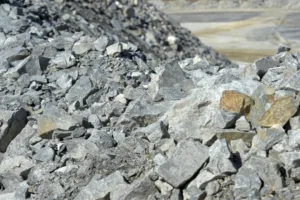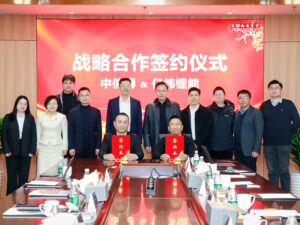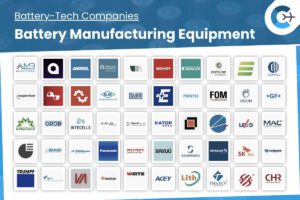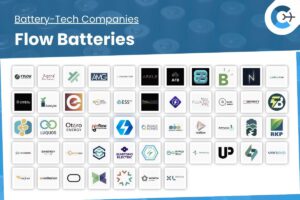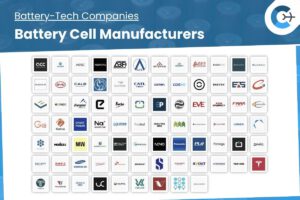On June 25, 2025, the European Commission published its updated common rules on state aid for strategic technologies and sectors (CISAF), maintaining a prohibition on production subsidies—financial support tied to the number of units manufactured. This contrasts with incentives in the United States, where per-unit production aid under the Inflation Reduction Act has helped build a domestic battery industry from the ground up.
Under the new framework, EU member states may take equity stakes in cleantech companies, streamline funding for projects approved by the EU Innovation Fund, and condition foreign investment incentives in the automotive sector on intellectual property and skills transfers. However, Transport & Environment (T&E), a Brussels-based environmental NGO, cautioned that these measures fall short of addressing Europe’s competitiveness gap in cleantech manufacturing.
William Todts, executive director at T&E, said: “The EU missed a big opportunity to create a cleantech bazooka, with simple, predictable and bankable aid for manufacturing in Europe. The game changer the EU battery industry needs is IRA style production aid, tied to resilience criteria, as promised by Ursula von der Leyen in the auto action plan.”
The Commission still holds approximately €1.8 billion earmarked for battery projects under the Innovation Fund, with deployment expected later in 2025. Additional support could arise from the Competitiveness Fund in the next EU budget cycle (2028–2034), but stakeholders warn that delaying new funding until 2028 risks leaving the European battery and cleantech industry without critical backing during a pivotal growth phase.
CISAF also allows state subsidies for hydrogen produced from fossil gas—an approach critics say conflicts with the EU’s climate objectives. They argue that financing fossil-derived hydrogen projects may prolong investment in fossil fuels and impede the uptake of green hydrogen needed for hard-to-abate sectors such as aviation and maritime transport.
By relying on complex, project-by-project approval procedures, the new rules may hinder the scale and speed of aid distribution, potentially undermining Europe’s ability to compete globally in battery manufacturing and other cleantech industries.
Source: Transport & Environment

